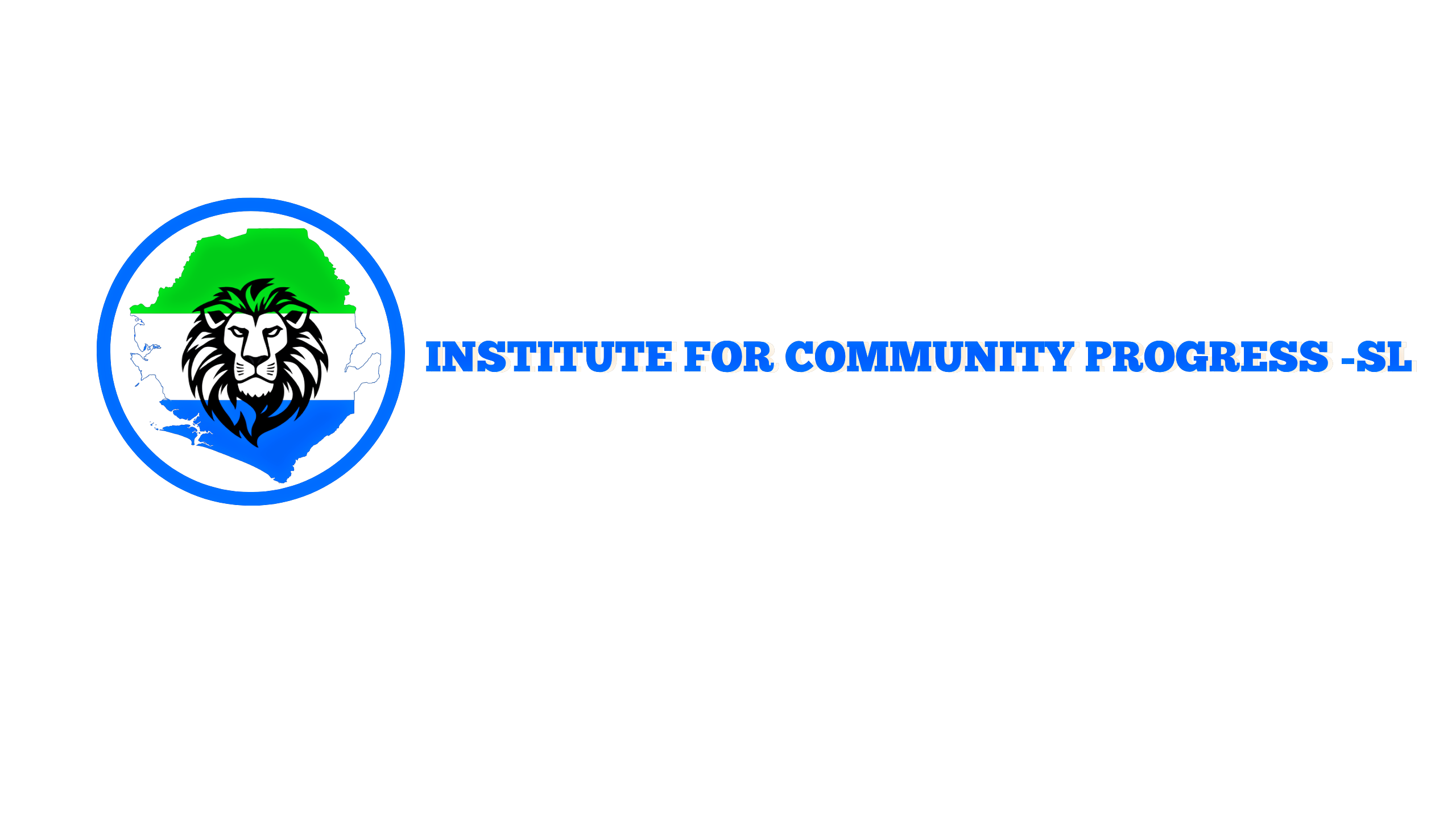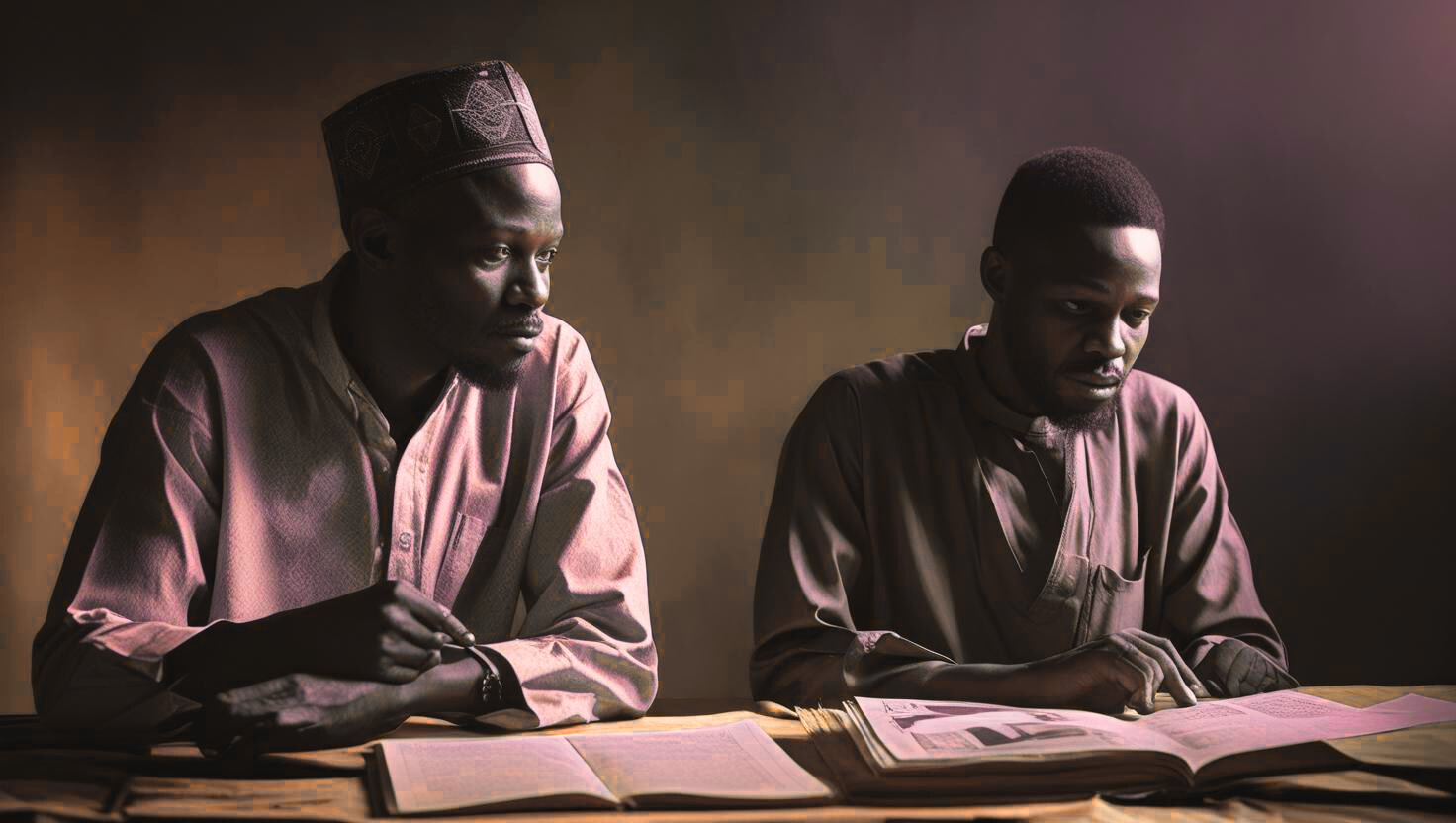 Advocacy in Sierra Leone functions as a vital tool for defending human rights and promoting social equity; however, structural and political obstacles consistently limit its impact. As the Institute for Community Progress (ICP) strives to encourage civic engagement and justice, it must navigate a complex environment that requires both institutional resilience and strategic collaboration.
Advocacy in Sierra Leone functions as a vital tool for defending human rights and promoting social equity; however, structural and political obstacles consistently limit its impact. As the Institute for Community Progress (ICP) strives to encourage civic engagement and justice, it must navigate a complex environment that requires both institutional resilience and strategic collaboration.
Political Resistance and Threats to Advocates
Advocates addressing sensitive issues—such as election reform, anti-corruption, land rights, and labour justice—are often targeted by both state and non-state actors. Incidents include intimidation, surveillance, and reprisals like arrests or public defamation. In some cases, activists face arbitrary detention or physical threats (Freedom House, 2024; ICNL, 2022).
Such a hostile climate fosters fear and deters citizen participation, thereby weakening collective accountability mechanisms (Freedom House, 2024). NGOs that promote corporate and environmental justice are especially vulnerable, experiencing judicial harassment and even extrajudicial violence (ISHR, 2024a; ISHR, 2024b).
Limited Civic Space and Restrictions on Expression
Sierra Leone has experienced a gradual decline in civic freedoms. While the repeal of criminal libel laws and reforms to Public Order legislation were achieved in 2018, restrictions still exist on public assembly and NGO operations (ICNL, 2022; ISHR, 2016).
NGOs must contend with burdensome registration processes, strict oversight, and mandatory affiliation with umbrella organisations often co-opted by the state (ICNL, 2022; EEAS, 2017). Even after the enactment of the Access to Information Act (2013), implementation remains inconsistent, and bureaucratic controls over media, assembly permits, and digital spaces persist (ISHR, 2016; SLAJ, n.d.). High-profile arrests of politicians and activists under
Resource Constraints and Weak Legal Protections
One of the most urgent and ongoing challenges facing civil society advocacy in Sierra Leone is the widespread lack of sufficient resources and legal protections for organizations and human rights defenders. These limitations greatly hinder the capacity of civil society organisations (CSOs), especially at the grassroots level, to effectively carry out, maintain, and expand their advocacy efforts. Financial constraints remain a key obstacle.
advocacy in Sierra Leone is the widespread lack of sufficient resources and legal protections for organizations and human rights defenders. These limitations greatly hinder the capacity of civil society organisations (CSOs), especially at the grassroots level, to effectively carry out, maintain, and expand their advocacy efforts. Financial constraints remain a key obstacle.
Many local CSOs depend heavily on short-term donor funding, often tied to specific project goals and schedules. This restricts their adaptability and long-term strategic planning. Unlike larger international NGOs with access to diverse funding sources and institutional backing, smaller community-based organisations often struggle to cover operational costs, retain skilled personnel, and invest in capacity building or legal expertise (ICNL, 2022). The lack of core funding means that even well-designed advocacy plans can fail due to insufficient logistical support or communication tools.
Beyond financial issues, human resource challenges are also severe. Many local groups operate with limited staff, many of whom are volunteers without formal training in advocacy, research, legal procedures, or digital security. This diminishes their ability to respond promptly and effectively to emerging rights violations or policy opportunities. Limited technical knowledge also hampers their capacity to engage in evidence-based advocacy, monitor legislative processes, or navigate complex bureaucratic systems.
Logistical and infrastructural obstacles further intensify these issues. In remote regions, poor road networks, lack of internet connectivity, and unreliable power supplies restrict access to information and hinder participation in national dialogues or stakeholder consultations. These factors disproportionately impact rural advocacy groups and marginalised communities whose concerns are already under-represented at the national level. What is worsening is ,these resource challenges is the lack of a strong legal framework to protect civil society actors and human rights defenders. While Sierra Leone has ratified several international human rights treaties, domestic legal safeguards remain weak.
Currently, there is no comprehensive legislation that explicitly recognises or defends the rights of human rights defenders, leaving them vulnerable to harassment, intimidation, or criminalisation (ISHR, 2016). Recently, civil society actors have faced arrests, legal threats, and public vilification simply for engaging in peaceful advocacy on governance, environmental justice, or anti-corruption (Freedom House, 2024). The International Service for Human Rights (ISHR) has long called for the adoption of a “Model Law” on protecting human rights defenders, stressing its importance in creating a safe environment for civic engagement (ISHR, 2024b). However, legislative progress has been slow, and where laws do exist, enforcement is weak or subject to political interference.
Victims of state-led repression or corporate violence seldom receive adequate legal redress, and there are few institutional mechanisms for proactive protection or compensation. In this restrictive environment, civil society’s capacity to serve as a watchdog and advocate for systemic reform is significantly diminished. Addressing these issues demands not only increased financial and technical support but also a strong commitment by the state to enhance legal protections, uphold civic freedoms, and foster an environment where civil society can operate without fear or restrictions.
ICP’s Institutional Response and Position on Advocacy
- Recognising these systemic challenges, ICP employs a multifaceted institutional strategy:
- Strategic Partnerships—Collaborates with national watchdogs, international rights bodies, and regional networks to strengthen structural protections for civil society actors.
- Legal and Policy Advocacy—Promotes legal reforms that broaden civic freedoms—such as freedom of expression, assembly, and association with NGOs—to enhance the environment for advocacy.
- Protection Mechanisms—Establishes rapid response systems providing legal aid, emergency relocation, and psychosocial support to defenders under threat.
- Capacity Building—empowers grassroots organisations through training in safety protocols, resource mobilisation, strategic advocacy, and resilience building.
Despite significant obstacles, ICP remains committed to its institutional mission: to defend civic freedoms and bolster community-led advocacy. Working with both national and international allies, ICP continues to strive for a legal environment that empowers civil society, free from fear, retribution, or suppression.
Our primary concern and priority is striving for social and electoral justice, as well as upholding all human rights of the citizenry!

